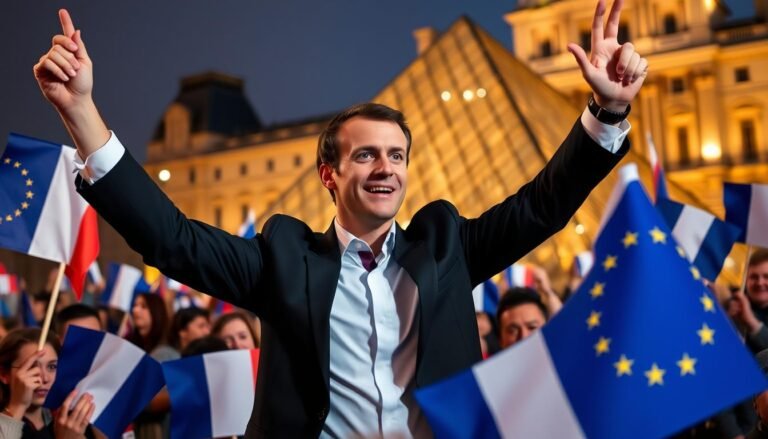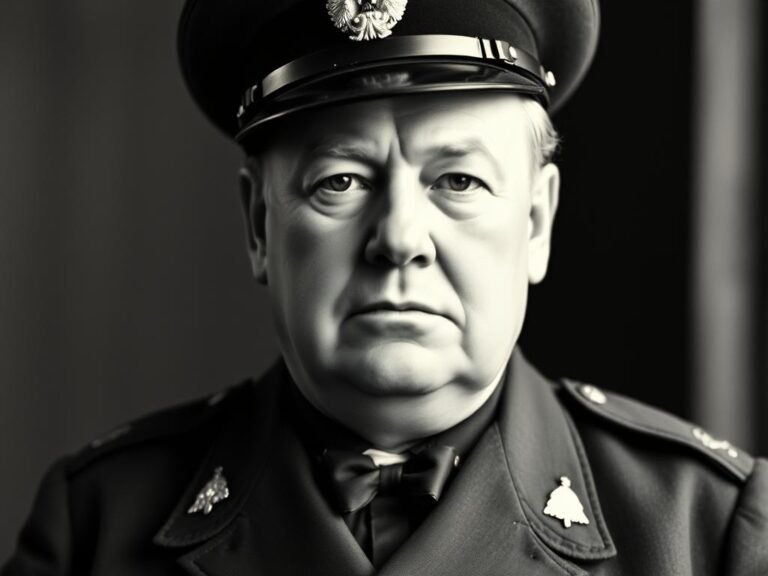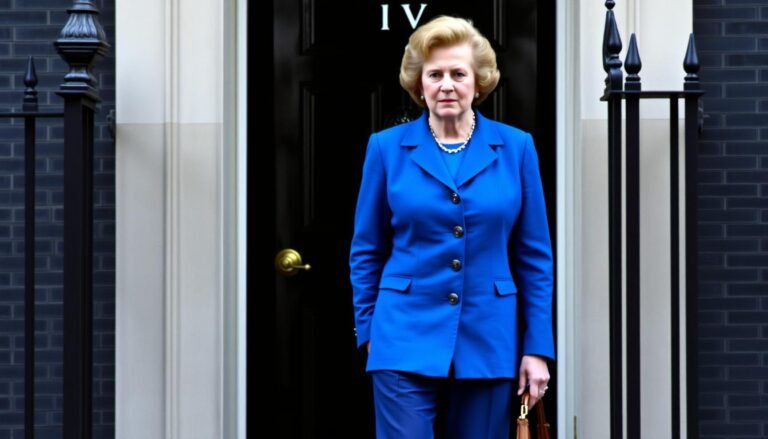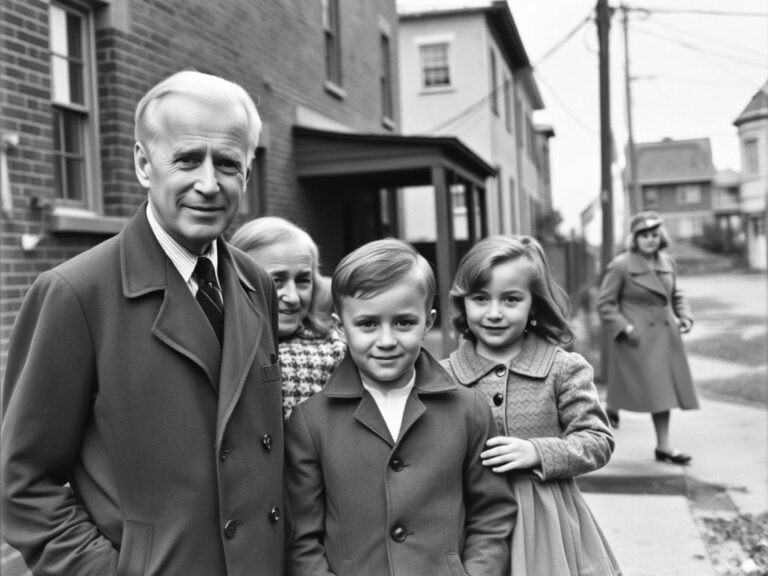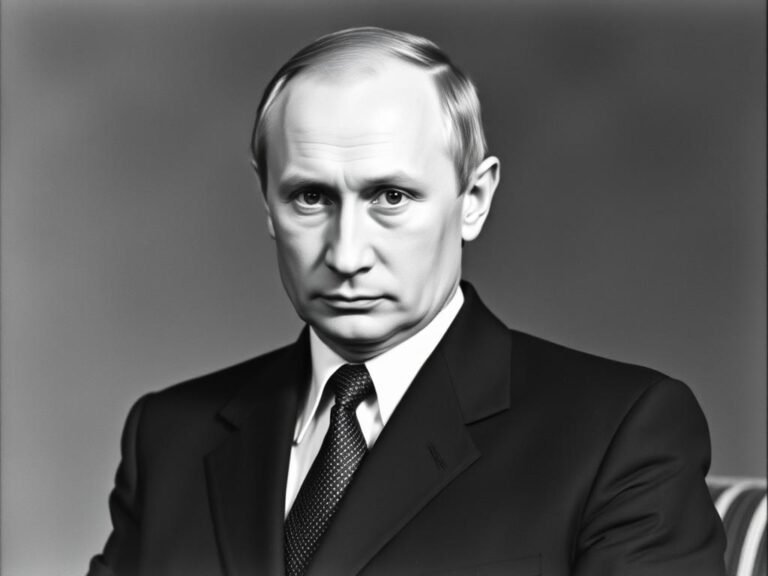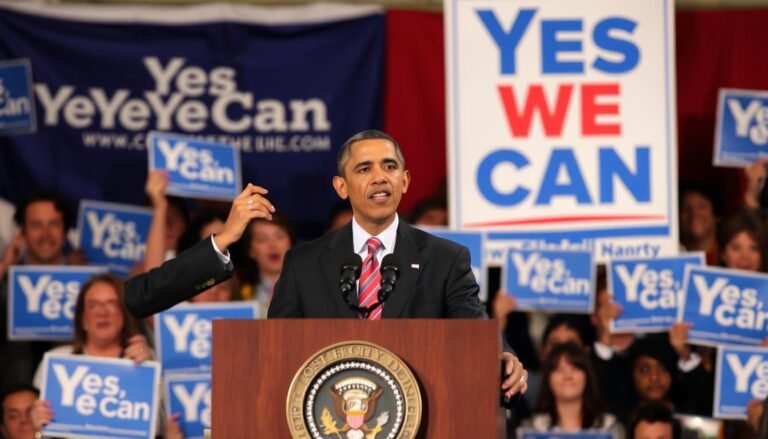Angela Merkel – The Iron Chancellor
For sixteen years, Angela Merkel stood at the helm of Europe’s largest economy, navigating Germany through financial crises, refugee challenges, and global political shifts. As Germany’s first female Chancellor and the de facto leader of the European Union, Merkel’s pragmatic leadership style and scientific approach to problem-solving earned her the nickname “The Iron Chancellor” – an echo of Otto von Bismarck’s legacy, yet distinctly her own. This article explores how a pastor’s daughter from East Germany rose to become one of the world’s most influential leaders and shaped modern European politics.
From East Germany to Political Rise
Born Angela Dorothea Kasner on July 17, 1954, in Hamburg, West Germany, Merkel’s life took an unexpected turn when her family moved to East Germany just weeks after her birth. Her father, a Lutheran pastor, accepted a position in Brandenburg, placing the young Merkel behind the Iron Curtain where she would spend her formative years.
Growing up in the German Democratic Republic shaped Merkel’s worldview in profound ways. She excelled academically, studying physics at Leipzig University and later earning a doctorate in quantum chemistry. This scientific background would later influence her methodical approach to political challenges.

The fall of the Berlin Wall in 1989 marked a pivotal moment in Merkel’s life. As communist East Germany collapsed, Merkel, then 35, seized the opportunity to enter politics. She joined the newly formed Democratic Awakening party, which later merged with the West German Christian Democratic Union (CDU).
Her rise through party ranks was swift and remarkable. Chancellor Helmut Kohl appointed her Minister for Women and Youth in 1991, dubbing her “Kohl’s girl.” However, Merkel demonstrated her political acumen and independence when she publicly distanced herself from Kohl during a party financing scandal in 1999, calling for a fresh start without him.
Explore Merkel’s Political Journey
Want to understand how the fall of the Berlin Wall shaped a generation of European leaders? Get our free timeline of post-Cold War political transformations.
Leadership During Crises
In 2005, Angela Merkel made history by becoming Germany’s first female Chancellor. Her sixteen-year tenure would be defined by her steady handling of multiple crises that threatened European stability.

The 2008 Financial Crisis
When global markets collapsed in 2008, Merkel advocated for fiscal discipline and structural reforms. Her insistence on austerity measures for struggling eurozone countries earned her criticism from some quarters but solidified Germany’s position as Europe’s economic anchor.
“When the euro is weak, Europe is weak.”

The 2015 Refugee Crisis
Perhaps the most defining moment of Merkel’s chancellorship came during the 2015 refugee crisis. As hundreds of thousands fled conflict in Syria and elsewhere, Merkel made the momentous decision to open Germany’s borders. Her now-famous phrase “Wir schaffen das” (“We can do this”) became both a rallying cry and a target for critics.
Under her leadership, Germany accepted over one million asylum seekers, a decision that would reshape European migration policy and German society. While initially popular, the policy later faced backlash and contributed to the rise of right-wing populism in Germany.
COVID-19 Pandemic Response
In her final years as Chancellor, Merkel faced the COVID-19 pandemic with her characteristic science-based approach. Her clear communication and decisive action helped Germany weather the early waves of the pandemic more effectively than many European neighbors. As a trained scientist, she relied heavily on expert advice and data-driven decision-making.

Weekly European Politics Updates
Stay informed about the latest developments in European politics and how Merkel’s legacy continues to shape policy decisions.
The Modern “Iron Chancellor”
The nickname “Iron Chancellor” draws deliberate parallels to Otto von Bismarck, Germany’s first chancellor who unified the German states in the 19th century. While Bismarck used “blood and iron” to forge a nation, Merkel’s approach was markedly different – employing pragmatism, patience, and scientific reasoning to navigate complex challenges.

The Merkel Method
Merkel’s trademark “rhombus” hand gesture symbolized her methodical approach. She was known for thoroughly analyzing problems, considering all angles, and making decisions only after careful deliberation – a stark contrast to more impulsive political styles.

Quiet Strength
Unlike many charismatic leaders, Merkel’s power came from her steadiness and reliability. She rarely gave fiery speeches or engaged in dramatic gestures, instead building influence through consistency and competence.

Crisis Management
Merkel’s ability to remain calm during crises earned her the nickname “crisis chancellor.” From financial meltdowns to refugee challenges, she approached problems with analytical precision rather than emotional reactions.
“Freedom does not mean being free of something, but to be free to do something.”
Unlike Bismarck’s authoritarian tendencies, Merkel championed democratic values and multilateralism. Her leadership style emphasized coalition-building and compromise – skills honed during her years navigating East German society and later leading coalition governments.
The “Iron” in her nickname also reflected her remarkable resilience. Despite facing intense criticism over policies like her handling of the Greek debt crisis or her refugee stance, Merkel maintained her course with steadfast determination.
Legacy and Global Impact
As Merkel stepped down in 2021 after sixteen years in power, she left an indelible mark on Germany, Europe, and global politics. Her legacy is complex and multifaceted, with both notable achievements and controversial decisions.
Key Achievements
- Guided Germany through multiple economic crises while maintaining growth
- Strengthened Germany’s position as Europe’s economic powerhouse
- Championed European unity during Brexit and other challenges
- Provided humanitarian leadership during the refugee crisis
- Advanced climate protection policies and renewable energy transition
- Maintained stability through four terms as Chancellor
Criticisms and Controversies
- Austerity measures imposed on southern European countries
- Initial handling of the refugee crisis led to political backlash
- Support for Nord Stream 2 pipeline with Russia
- Slow progress on digital infrastructure development
- Nuclear power phase-out following Fukushima disaster
- Cautious approach sometimes viewed as lacking vision

European Unity and Global Diplomacy
Throughout her tenure, Merkel positioned herself as a defender of the liberal international order. She maintained strong transatlantic relations despite tensions with the Trump administration and worked to preserve the Iran nuclear deal and Paris Climate Agreement when U.S. support wavered.
Her relationship with Russian President Vladimir Putin was particularly complex. While maintaining diplomatic channels, she also led EU sanctions against Russia following the annexation of Crimea. The controversial Nord Stream 2 pipeline project, however, remained a point of contention with allies.
In European politics, Merkel was the steady hand guiding the EU through existential challenges like Brexit, the eurozone crisis, and rising populism. Her commitment to European unity, despite domestic political costs, cemented Germany’s role as the anchor of European stability.
Explore More Political Leaders
Discover in-depth profiles of other influential world leaders who have shaped modern politics.
The End of an Era
When Angela Merkel left office in December 2021, she did so with characteristic modesty. There were no grand farewell tours or emotional speeches – just a quiet transition of power to her successor, Olaf Scholz.

Her departure marked the end of an era in German and European politics. As the continent’s longest-serving democratic leader, she provided stability during turbulent times and helped shape the modern European project.
The “Iron Chancellor” nickname will likely endure, not for any authoritarian tendencies but for her steadfast resilience in the face of challenges. From a young scientist in East Germany to the world’s most powerful woman, Merkel’s unlikely journey embodied the possibilities that emerged after the fall of the Berlin Wall.
While historians will debate her legacy for decades to come, few can dispute that Angela Merkel fundamentally altered the course of 21st-century European history. Her pragmatic leadership style, grounded in scientific thinking and moral conviction, offers valuable lessons for navigating our complex global challenges.
“You could certainly say that I’ve never underestimated myself, there’s nothing wrong with being ambitious.”


